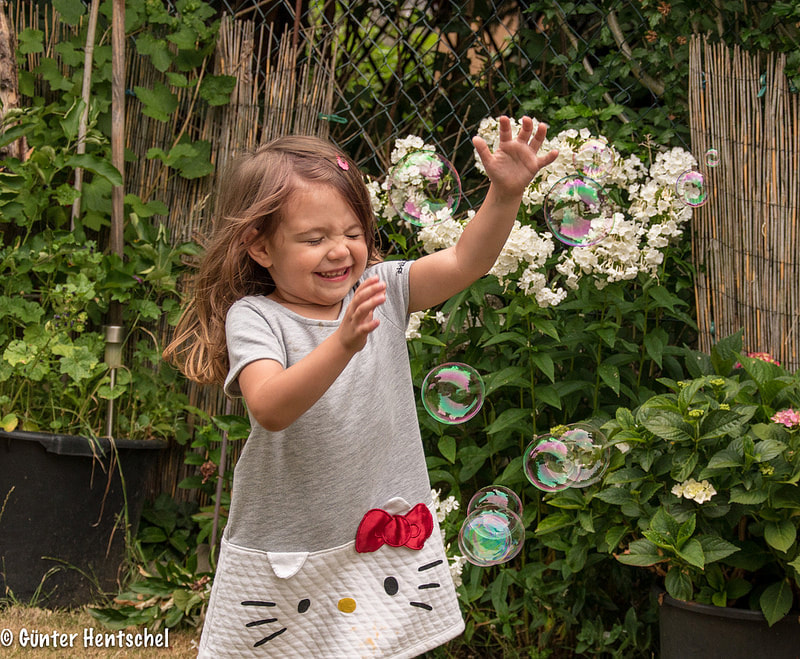 Listening is a vital life skill that should be taught early. In fact more of us would benefit from developing our listening skills more. The first step is to be able to repeat the speaker’s words with a degree of understanding. They should not merely parrot words of others but demonstrate some reflective thought about what has been said.. Active listening to parents, peers and siblings helps them communicate on a deep level that will likewise transfer over to their communication with the Lord. In a nutshell, active listening involves listening to the speaker and reflecting back to them their thoughts and feelings to make sure you have understanding. You’ll have to model this a few times to children. Example: Joey: You were late picking me up from baseball. I was the last kid there. Mom: It must have been pretty scary being all by yourself. Joey: Yeah. I thought you would never come. Mom: I’ll try harder to be on time next time. I’ll ask Jesus to help me. Do you think you can ask Jesus anything, Joey? Joey: Yes. I can pray when I am alone; after all, Coach Roberts was right there, too. Let’s notice some steps this mom took. She did not invalidate Joey’s feelings by telling him Coach Roberts was there nor by explaining away her lateness. She acknowledges his feelings and does not react to his agitation. Being an adult means taking the high road and not expecting our children to make us feel good about our choices. This mom also turns the child back to Jesus and gets him to reason on his own. Since he feels validated, he is eventually able to reason he really was not alone. Coach Roberts was right there. Children tend to aggrandize everything, and had Joey not acknowledged Coach Roberts, his distorted view of reality would become common place. This mom also had to be at a place of peace where she does not react to Joey’s accusation. A soft answer turns away wrath. Later, mom could talk to Joey about how to speak to someone even in crisis. Children should be taught respect even when they are upset, but children, like us, first need to be validated before corrected. Practice active listening. It is imperative to show empathy with children when listening. Children still have an element of fantasy in their thoughts, and you can use that to show you want the best for your child, even when you cannot give it. Listen without the temptation to give one of those lectures that often go in one ear and out the other. Do you remember any childhood lectures? I don’t. I do remember how I felt and how angry my parents were. Only by listening and getting to the heart of the issue will you be sure to strike a chord with your child. Children need to be emotionally secure before we can tell them about the love of God. Children need attention. Stop. Look at your child in the eye. Touch them. Even when our children seem to push us away, we need to cuddle them. Our sons might not appreciate a hug, but we can rustle their hair, give approving touches along with words of affirmation. Our actions and emotions must match. We cannot tell our children we love them and at the same time be on the telephone when they come in from school. Children remember things emotionally. Our children also need affirmation, approval, affection, and a sense of belonging. Children learn most by what we do. We have an intentional plan for our children. It is primarily our responsibility to nurture a love of God in our children so that they hunger after God.
0 Comments
Leave a Reply. |
Archives
February 2019
Categories |

 RSS Feed
RSS Feed
